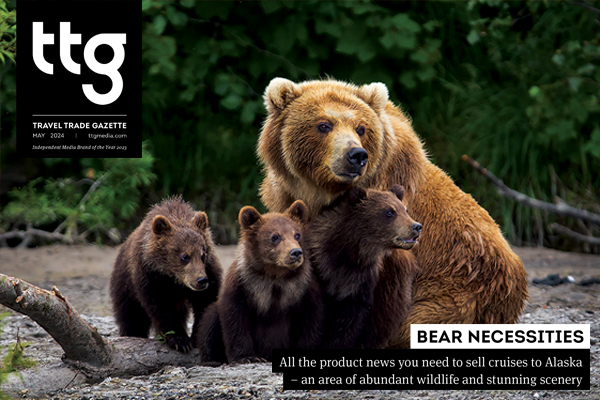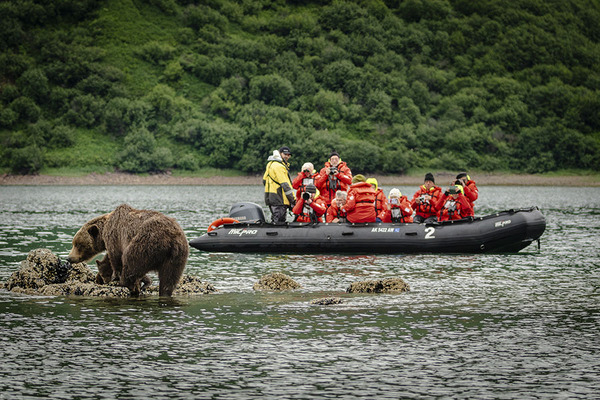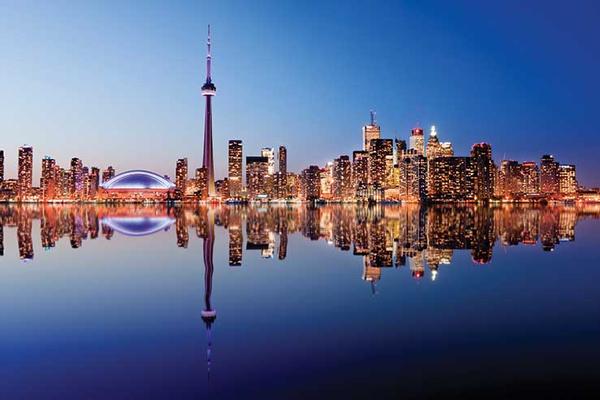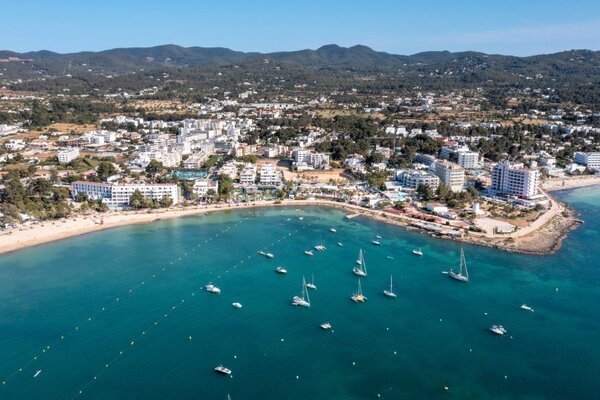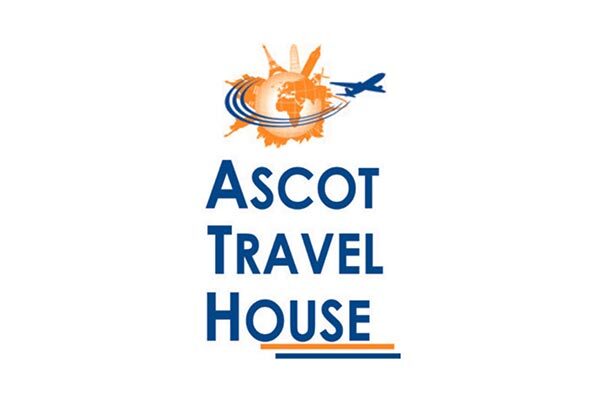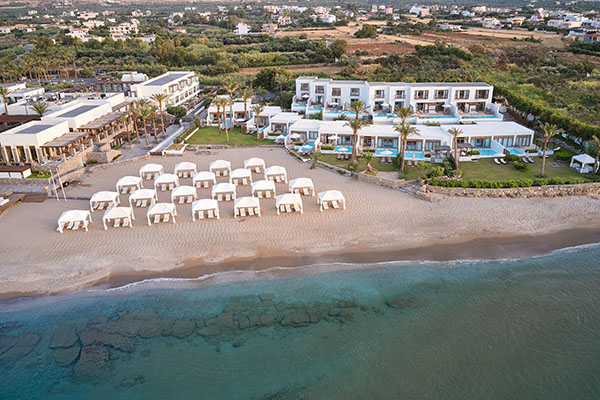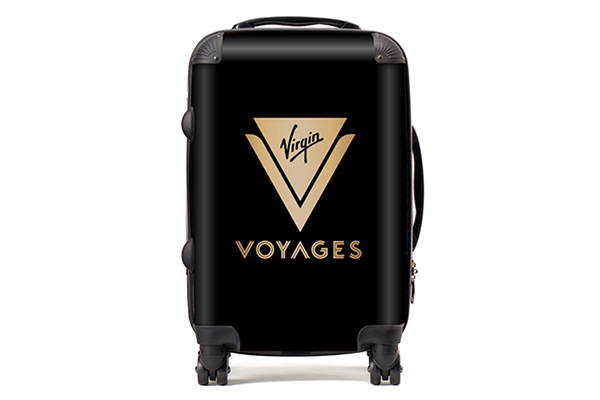What now for Turkish tourism?
 Tom Parry
Tom ParryLast week the UK’s largest independent operator to Turkey ceased trading – the third such failure in seven months. As security concerns continue to deter tourists, Tom Parry explores whether Turkish tourism can still recover this year.
In August 2015 Turkey specialist Exclusive Escapes collapsed, with 500 forward bookings at the height of the summer season. It was an inauspicious sign. Just six months later in February 2016, another Turkey specialist – Elixir Holidays – failed, days after 10 tourists were killed in a bombing in Istanbul. And only a week ago, Jewel in the Crown Holidays, the largest independent tour operator to Turkey, was placed into liquidation. It was another devastating blow for the country, where tourism amounts to 15% of its GDP.
The bombs that have ripped through Turkey’s cities in recent months might be more related to political clashes than Islamic extremism, but misleading headlines and Turkey’s proximity to the ongoing conflict in Syria have seen UK demand for the destination sink considerably. Both Tui and Thomas Cook have slashed capacity; Neilson has cut its programme by half; cruise lines including MSC and Crystal have cancelled calls in Istanbul and Izmir; and operator Mark Warner has pulled out of the country altogether – less than a year after hosting the Advantage conference at its Bodrum resort.
It’s not just the big players that are taking the hit. Graham Simpson, owner of Turkey specialist Simpson Travel, admits to TTG: “Our bookings are considerably down – I’d say we are about 50% down from last year.
“That will get larger as the season progresses,” he adds. “Hopefully we’ll recover in the later months but July and August will be very difficult, especially on family bookings. We have had to cancel the aircraft we usually use for Turkey and are buying in seats as and when we need them; there isn’t enough demand.”
“Even though nothing has happened in resorts, people are worried and are choosing destinations where they feel safer”
Sharon Munro, Barrhead Travel
Barrhead Travel’s chief operating officer, Sharon Munro, has seen a similar drop in demand: “Last year we sent more than 12,000 passengers to Turkey and at the moment we are down by 50%,” she admits.
But despite being fans of Turkey themselves – Simpson even has a trip planned in the next few weeks – both he and Munro are understanding of the public’s reluctance to travel to the country. “It’s a horrific situation… Some will still want to go with their partner but now wouldn’t consider bringing their children for a family holiday, which is just human nature and they shouldn’t be judged for it,” Simpson says.
“The whole situation is very sad for us. Turkey is a great nation and we work so closely with the local people. I’m going over soon to assure our villa owners and partners who are worried about the lack of business,” he adds.
Munro agrees, although like Simpson says she would still travel to the country. “Personally I would still travel there – and to most places in fact – but I can also understand why some customers would be concerned, especially with what happened in Tunisia,” she says.
“Even though nothing has happened in resorts, people are worried and are choosing destinations where they feel safer, which is understandable. There has been a drift away from Turkey and we have seen big increases for Spain, the Caribbean and the US.”
Dwindling business
Smaller high-street agents are also feeling the pinch. Bruce Lyons, the co-founder of Turkey-specialists Crusader Travel, tells TTG: “We will usually do about 150 bookings in a year and now we’re down to 60. I think the audience is still there and from speaking to a lot of our regular Turkey customers they love the country, but are wary of travelling there at the moment.”
Presently the UK Foreign Office only advises against travel to within 10km of the border with Syria, and stresses that most trips are “trouble-free”. It is worth noting too that recent bomb blasts have been far from tourist resorts – the most recent last week was in Diyarbakir, a city in the south-east of the country, far from the traditional coastal tourist hotspots. So is the reason that people are staying away simply down to media hype?
As Simpson says: “You turn on the TV and see bombs going off and the news coverage these days is so immediate and raw; it’s right there in your living room. It makes people think differently about going to Turkey.”
However, Henry Wilkinson, head of intelligence and analysis at the Risk Advisory Group, which measures the risks associated with travelling to a destination, last month told The Guardian: “I wouldn’t advise people to stay away, but I would advise them to make themselves aware of the reality of the threat.”
Trouble zones
According to Wilkinson, over the past 12 months, the organisation has recorded 258 terrorist attacks in Turkey, with the “vast majority” occurring in south-eastern provinces – away from traditional tourist areas – where Kurdish political party the PKK (which Turkey has blamed for several of the bombings) is active. Although the attacks in cities have targeted public spaces, Wilkinson believes the likelihood of British tourists being caught up in an attack is “relatively low”.
It is an opinion shared by Anatolian Sky managing director Akin Koc, who believes Turkey has been harshly treated due to its position in a turbulent region. “It’s the perception of the country that is the most frustrating thing,” he says.
“Events such as the bombings in Ankara and Istanbul are political and against the government – they are not aimed at tourists. More than two million Brits went to Turkey last year and nothing has happened in the resorts; not one single British tourist has been injured.
“Turkey is being victimised because of its closeness to Syria and the conflict there. We are not sending clients anywhere near the border with Syria and we only deal with well-established resorts.
“What is happening in Turkey is happening all over the world,” he adds. “You only have to look at Brussels and Paris, but people are still visiting there. No travel business can 100% guarantee that their customers won’t be at risk from terrorism.”
It is this of course that is the danger, and soemthing of which the industry – still reeling from the brutal gunning down of 33 tourists in Tunisia last June – is all too aware.
Figures from Sojern, however, suggest despite all the negative attention, the intent to journey to Turkey is still high. The UK even ranks in the top-three nations for number of searches for Turkish holidays between October 2014 to January 2016.
Most of the recent trouble has been far away from tourist resorts such as Bodrum
The Turkish Culture and Information (tourist) Office offers a similarly positive – if somewhat surprising – outlook. Predicting UK tourist numbers for summer 2016, the organisation believes the country will not in fact suffer a drop in British visitors. In a statement, it admits 2016 is “difficult” but insists the UK market has been “quite consistent over the years” and it is not expecting a “double digit increase or decrease”.
So if the customers are still there – albeit hesitatingly – how does the industry plan to lure tourists back?
Not through cheap deals, according to Simpson: “I don’t think it’s about lowering prices and making offers. At the moment we haven’t lowered prices as it won’t make much difference – people aren’t going because they feel scared.”
He does concede though: “There will always be opportunists who will still want to go if companies do lower their prices because of overflow in other destinations.”
“I wouldn’t advise people to stay away, but I would advise them to make themselves aware of the reality of the threat”
Henry Wilkinson, Rsk Advisory Group
Koc believes a strong PR push from Turkey’s Culture and Information Office would give the destination the boost it requires. “We have many customers who have been to Turkey before and they will want to return; the problem will be attracting new customers who have never been and will see what is happening and stay away,” he says. “The Turkish tourism board needs to be getting the message out with stronger advertising, and reassuring agents, as the operators will continue to work in Turkey.
“At Anatolian Sky we are taking agents to Turkey to show them what is really happening on the ground so they can spread the word. We all need to support it – abandoning Turkey will do the industry a lot of harm.”
In response, the Culture and Information Office has told TTG it plans to host a series of fam trips to Bodrum and Dalaman as well as road shows in London, Birmingham, Manchester, Newcastle and Glasgow in May, in a bid to reassure agents and increase demand from UK holidaymakers.
The remaining Turkey specialists within the trade can only hope their efforts will not be too little too late.



